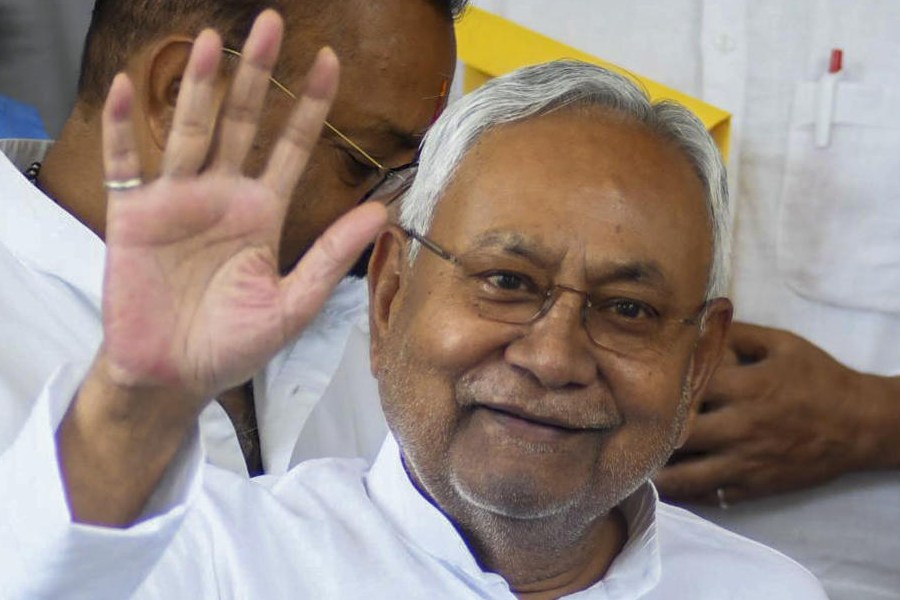The Delhi High Court was informed on Tuesday that experts have agreed to ban two veterinary drugs used for the treatment of livestock because of their adverse impact on vultures.
The statement was made by the Health Ministry and Central Drugs Standards Control Organisation (CDSCO) in a public interest litigation (PIL) by lawyer Gaurav Bansal raising concerns about the decline in the vulture population allegedly on account of the use of certain veterinary drugs.
"The matter was referred to the Department of Animal Husbandry and Dairying (DAHD) and the Ministry of Agriculture and Farmer's Welfare for their expert opinion.
"Further, the matter was examined by the DAHD in consultation with the subject experts and it was recommended to impose a ban on the veterinary drugs Ketoprofen and Aceclofenac for treatment of livestock to conserve vultures," the reply affidavit dated July 21 said.
It stated that "the matter was deliberated and further it was agreed to prohibit the manufacture, sale and distribution of the drugs Ketoprofen and Aceclofenac and their formulations for animal use." The affidavit further said that as per the authorities, the issue should be provocatively examined and a list of all drugs that affect animal health and the environment should be prepared for further action.
A bench of Chief Justice Satish Chandra Sharma and Justice Saurabh Banerjee listed the matter for further hearing on September 1.
In January, the Centre had told the court that the authorities were taking effective steps to strengthen the conservation of vultures and financial assistance was also being provided to states and Union territories for wildlife conservation.
It had earlier said that the veterinary division of CDSCO was looking at the alleged toxic impact of certain drugs on the vulture population.
In May last year, the high court asked the Centre to examine the PIL and take measures to save the birds that are an important link in the food chain.
The petitioner has sought the protection and conservation of vultures, claiming that certain veterinary drugs in the market are harmful to these birds and yet no serious efforts have been made by authorities to ban them.
"The major cause and perhaps the only cause of the population declines of Vultures in India is the veterinary use of the non-steroidal anti-inflammatory drug (NSAID) in livestock... Vultures are exposed to toxic levels of NSAID when they feed on carcasses of livestock that died within a few days of treatment and contain residues of NSAID," the petition has said.
The petitioner has stated that vultures are a threatened species under the Biological Diversity Act and there is a need to not only ban the toxic drugs but also create an effective mechanism for the safety testing of new molecules before they are introduced for veterinary and human use.
"As per Bombay Natural History Society... population of Oriental White Backed Vulture and Long Billed Vultures had declined by more than 92% between 1991–93 and 2000... as per one more study by the year 2007 the population of vultures had declined by an astonishing 99.9% for Oriental White Backed Vulture and Long Billed Vultures," the petition has said.
It also emphasised that losing vultures could be catastrophic to any ecosystem and the birds are significant to the Hindu as well as Zoroastrian religion.
Except for the headline, this story has not been edited by The Telegraph Online staff and has been published from a syndicated feed.











